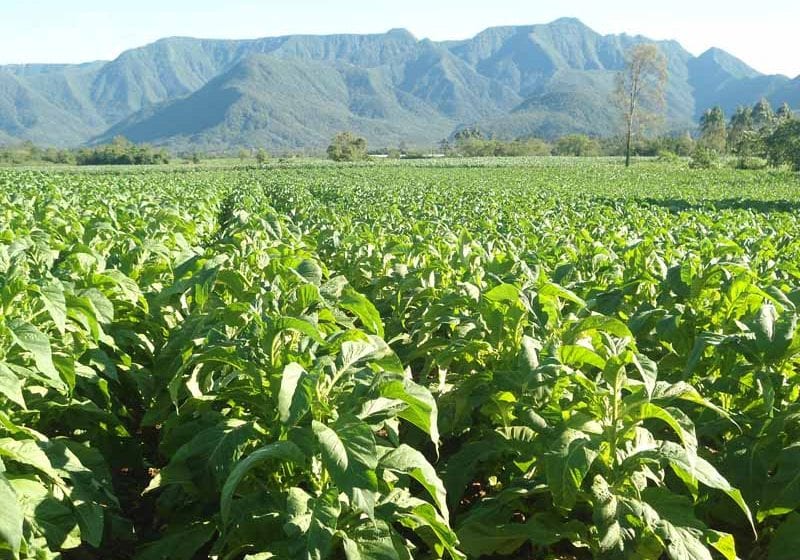Further call for US child labor ban

Nearly 50 Members of Congress have asked President Obama to ban child labor in US tobacco fields.
The request was made in a letter sent to the White House yesterday.
US child labor law allows children as young as 12 to work unlimited hours in tobacco fields as long as they are not missing school.
“Voluntary policies among tobacco companies have attempted to get children under 16 out of the fields, but it isn’t clear those policies are effective or why they permit 16- and 17-year-old children to do work that is hazardous and makes them ill,” said Sally Greenberg, co-chair of the Child Labor Coalition (CLC) and executive director of the National Consumers League.
“We believe that this work is too dangerous for workers under 18,” said Greenberg. “Children working in tobacco fields suffer regular bouts of nicotine poisoning, otherwise known as Green Tobacco Sickness. They are also subjected to dangerous pesticide residues and use razor-sharp tools. We believe tobacco work should be conducted by adults who are better able to deal with the risks, and kids who have to work or who want to work should be re-directed into safer jobs.”
Representative David Cicilline authored the letter, which asks the President to designate tobacco work for children as ‘hazardous child labor’ and by doing so, render it illegal. Cicilline has been a persistent advocate of protecting US child tobacco workers since a Human Rights Watch report, Tobacco’s Hidden Children – Hazardous Child Labor in United States Tobacco Farming, found that nearly three out of four child tobacco workers interviewed suffered symptoms that correlated with nicotine poisoning.
“Laws that allow children to risk nicotine exposure while working in tobacco fields are hopelessly out of date and put children’s health in jeopardy,” said Jo Becker, children’s rights advocacy director for Human Rights Watch (HRW). “President Obama should act immediately to prohibit this hazardous work for children.”
In August, the CLC said, it had sent a letter signed by 110 groups, representing tens of millions of Americans, to President Obama urging him, before he left office, to ban child labor in US tobacco. The Administration had not responded to the request.
In 2012, under strong pressure from the farm lobby, the Obama Administration withdrew occupational protections for child farmworkers that would have banned child labor in tobacco while providing several other life-saving protections.
“We call on President Obama to rectify this decision and protect child tobacco workers from the dangers of nicotine poisoning before another child farmworker becomes ill at work,” said Norma Flores López, chair of the CLC’s Domestic Issues Committee. “Children who work in tobacco fields often wear black plastic garbage bags on their torsos to try to avoid contact with nicotine-laden tobacco leaves. Imagine the heat they experience in broiling sun wearing those bags? How can we subject them to those conditions?”
Both the Washington Post and the New York Times have urged the Obama Administration to issue federal rules to ban child labor in US tobacco.
On May 5, the Federal Drug Administration announced new regulations prohibiting the sale of electronic cigarettes to children. “We’ve agreed for many years that nicotine does not belong in the hands of children,” said Secretary of Health and Human Services Sylvia Mathews Burwell.
“Despite this concern, the Obama Administration has not yet taken appropriate steps to protect child tobacco workers from nicotine poisoning in the fields,” said Becker.
In September, Nobel Peace Prize winner Kailash Satyarthi, a global leader of the movement to end child labor and child slavery, tweeted a plea for the President as a fellow Nobel Prize laureate to ban child labor in US tobacco.
“The United State has adopted the global sustainable development goal of ending child labor in the next nine years, but refuses to take the important first step of ending hazardous child labor in our tobacco fields,” said Reid Maki, director of child labor advocacy for the National Consumers League and co-ordinator of the CLC. “How sincerely are we embracing this vital goal if we won’t ban hazardous work that most Americans would agree is too dangerous for children – work that has been already banned in India and Brazil?”